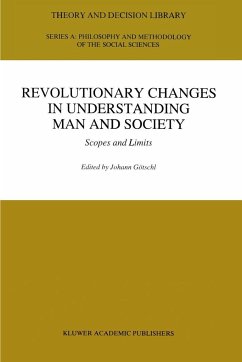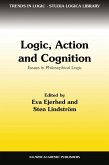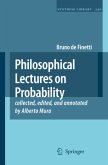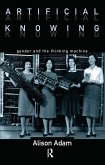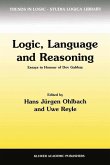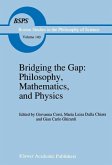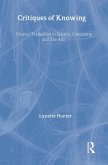There have been radical changes in science during the last 20 years: after the breathtaking unification of physical theories in a grand unified theory, the theories of evolution began to unify not only all social sciences but also the natural with the social sciences. Revolutionary Changes in Understanding Man and Society provides a fascinating analysis of these new trends which lead into the 21st Century, together with a profound critique of the received view. Sixteen papers have been assembled, two of them written by Nobel laureates. Part I, `Characteristic Features in Economic Science', criticizes the present status of traditional economic theories. `Discovery, Creativity, Cognition, and Computation: Basic Structure'. Part II opens up new perspectives for the role of the new dynamic structures for the modern social sciences and philosophy. Part III, `Towards a Science of Man and Society: Philosophical and Methodological Foundations', offers the philosophical consequences that are triggered by the breakthrough of modern ideas. Part IV, `Rationality, Complexity and Uncertainty: New Interrelations', examines in detail the rise of new ideas in today's social sciences, such as the difference between cultural (societal) and biological evolution and the leading role of risk in decision making. It offers a critique of rational choice theory and of rationality. Finally, Part V, `Aesthetical and Ethical Patterns', deals with the new interrelations of both disciplines with our present sciences.
Bitte wählen Sie Ihr Anliegen aus.
Rechnungen
Retourenschein anfordern
Bestellstatus
Storno

